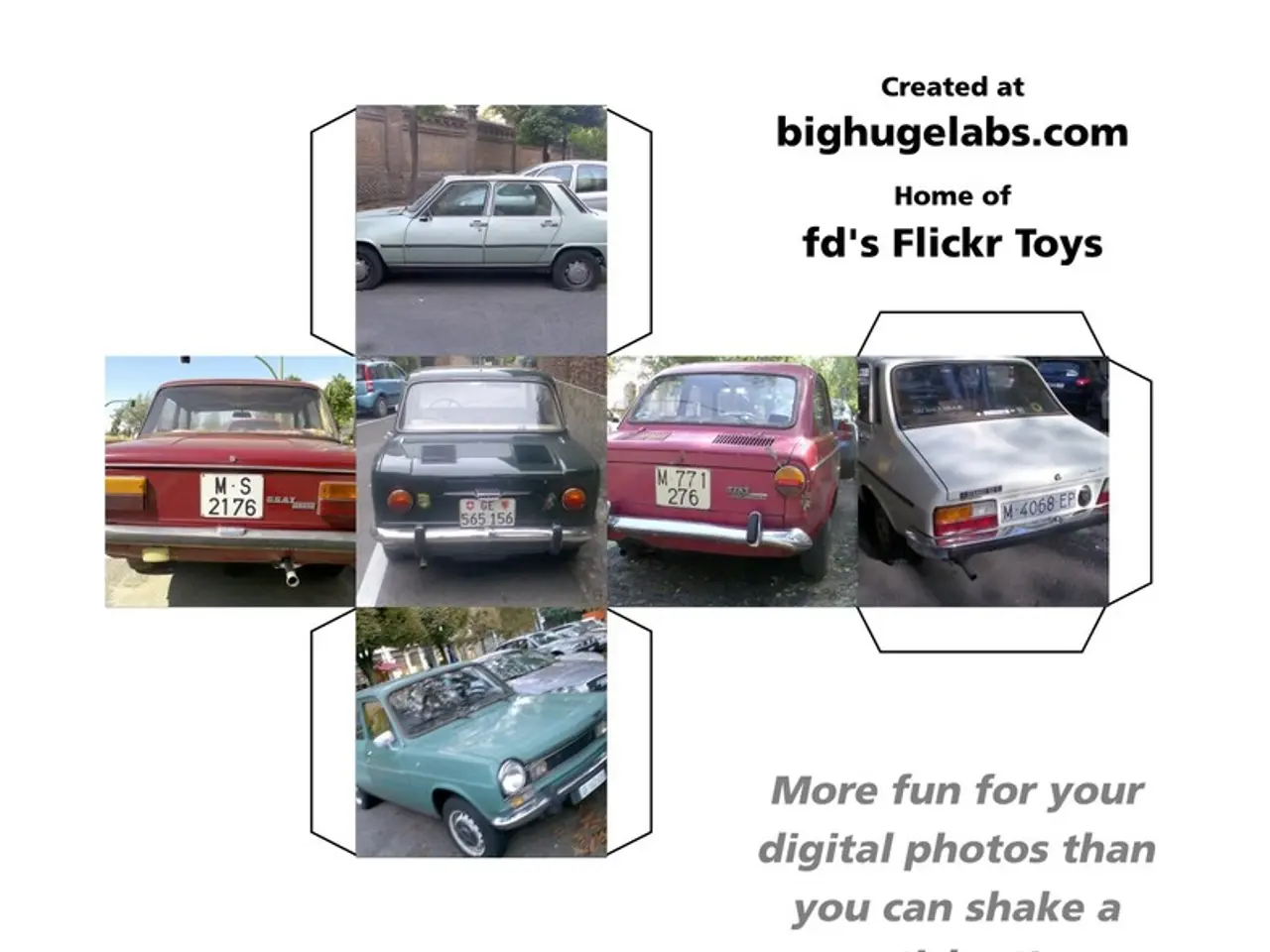New Zealand government intends to scrap petrol tax, replacing it with Road User Charges for every road user instead
The New Zealand government is set to implement Road User Charges (RUC) for all light vehicles, regardless of powertrain, marking a significant shift in road funding that hasn't been seen in half a century. Transport Minister Chris Bishop has announced that the new electronic RUC system will be operational by 2027.
Currently, petrol vehicles are taxed at the pump through a Fuel Excise Duty (FED) of about 70 cents per litre. This taxation method is set to change as the move towards all vehicles paying for roads based on distance and weight gains momentum.
The new electronic RUC system is expected to support a user-friendly, technology-enabled platform with multiple payment options. Paying for RUC under the new system is expected to be as simple as paying a power bill online or a Netflix subscription. This digital transition will eliminate the need for physical RUC licences, such as windscreen licences.
The Motor Industry Association, including its chief executive, Aimee Wiley, supports the changes. Wiley believes that making use of the latest technology for real-time management of the system will make compliance easier and administration less expensive. The Association is particularly happy about the digitally-enabled new system.
The transition to the electronic RUC system will happen in stages. The NZTA and Police will have time to upgrade their systems for the new electronic RUC system. Bishop expects to pass legislation next year, allowing for technology assessment and system upgrades.
The fast uptake of fuel-efficient petrol hybrid vehicles has caused a breakdown in the relationship between petrol consumption and road usage. Vehicles with better fuel economy contribute less FED per kilometre towards road maintenance, leading to a change in the way roads are funded. The new RUC system aims to address the issue of Kiwis who drive less and can't afford a fuel-efficient car paying more than those who can afford one and drive more often.
Diesel and electric vehicles currently pay a separate RUC: $78 per 1000km for diesels and $38 for plug-in hybrid vehicles. The new RUC system will apply to all light vehicles, including these. However, there is no set timeline for the complete transition of the light-vehicle fleet to the new electronic RUC system.
Bishop expects the new electronic RUC system to be "open for business" by 2027. The monitoring of the legal changes for the introduction of the electronic RUC will typically be carried out by the responsible national transport or traffic authorities, though specific details about the exact agency or body for this task are not explicitly stated in the available search results. The Motor Industry Association and the Minister are confident that the new system will bring fairness and efficiency to road funding in New Zealand.
Read also:
- Peptide YY (PYY): Exploring its Role in Appetite Suppression, Intestinal Health, and Cognitive Links
- Toddler Health: Rotavirus Signs, Origins, and Potential Complications
- Digestive issues and heart discomfort: Root causes and associated health conditions
- House Infernos: Deadly Hazards Surpassing the Flames








